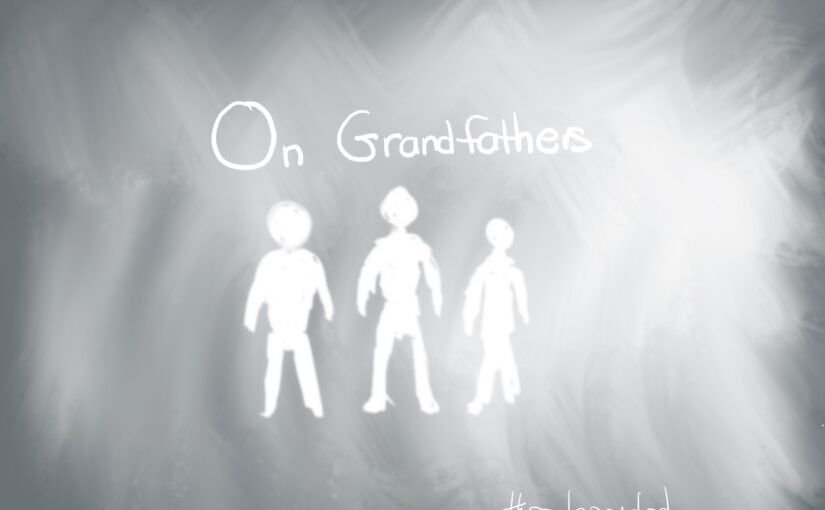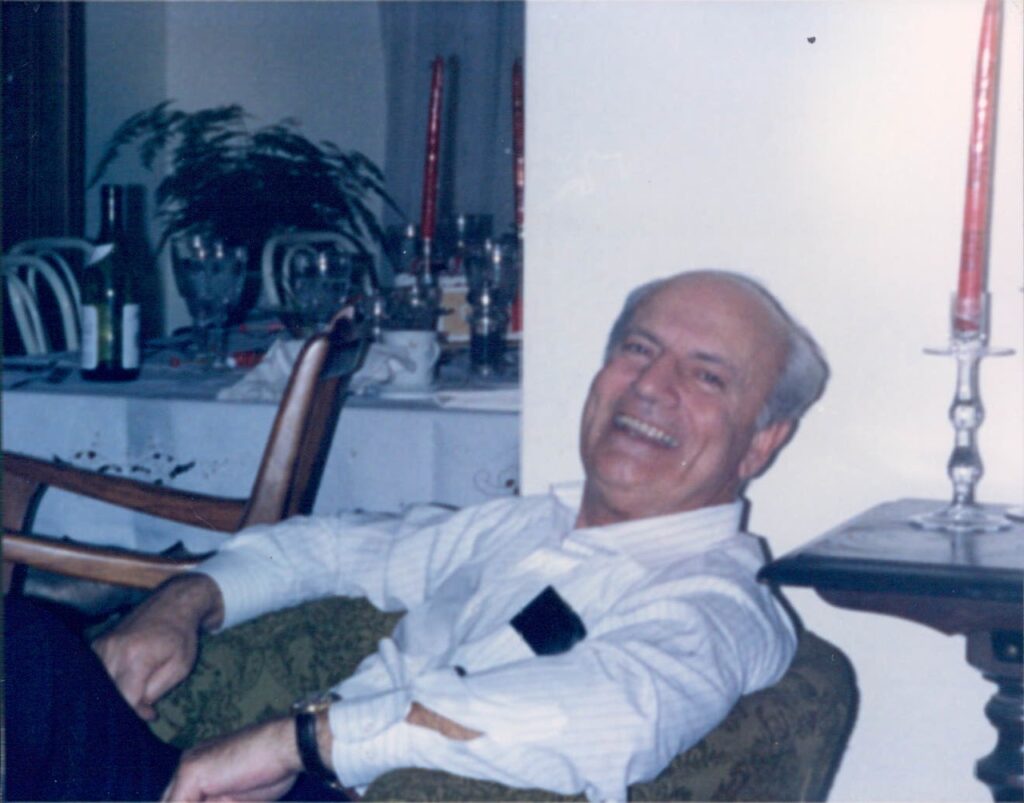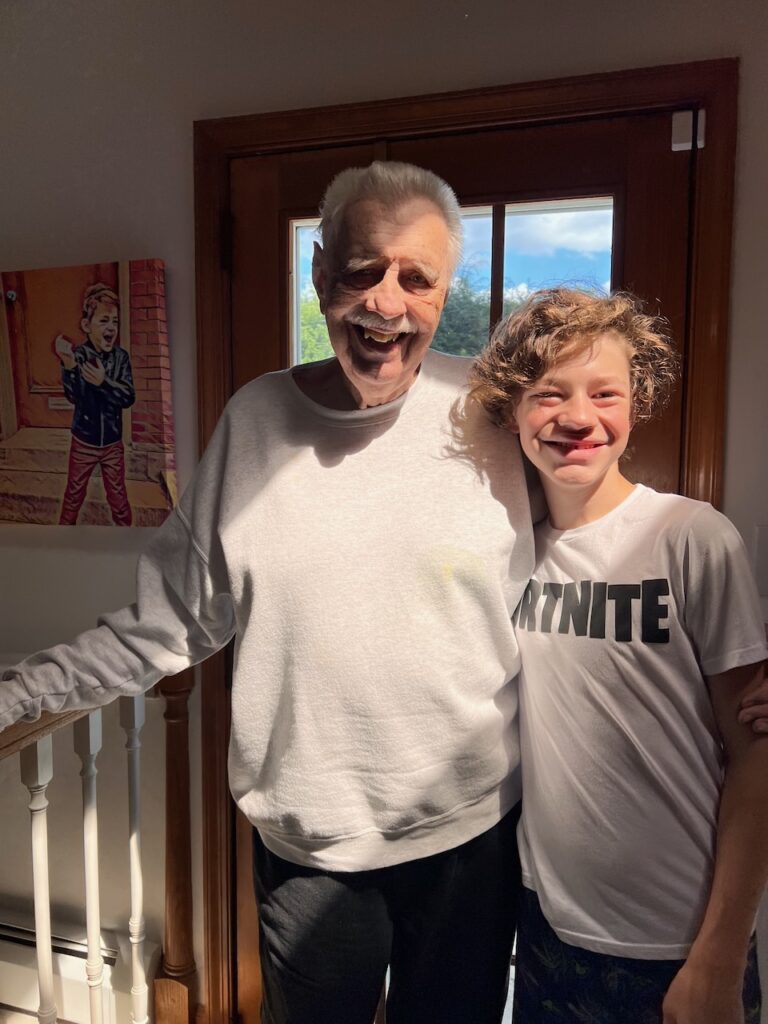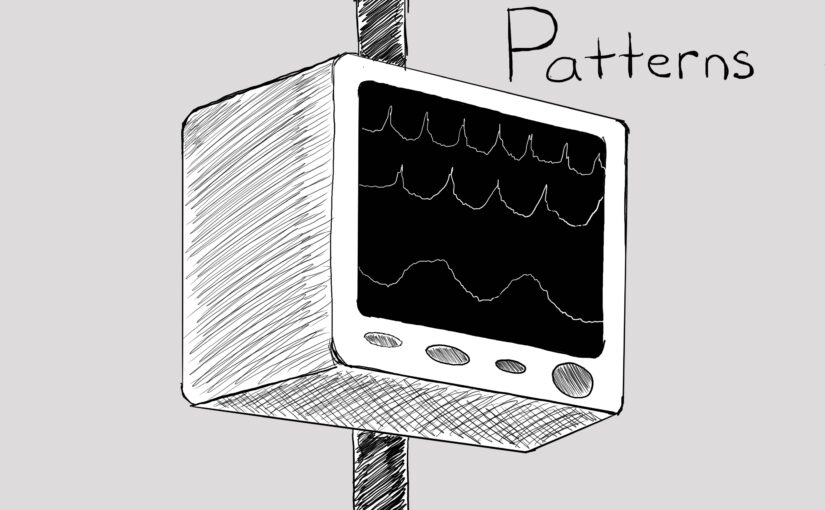We’ve been spending some time in Chattanooga to support our goddaughter as she recovers from surgery.
My wife and I have been taking turns spending time with our goddaughter at the hospital, and her grandparents have been extremely kind, bringing our son on various adventures to the aquarium, shopping, and restaurants.
One afternoon, her grandparents were at the hospital so my wife, son, and I decided to explore downtown and find a fun activity. We parked the car and stepped into downtown Chattanooga.
We lived in downtown Philadelphia for years, so when I use the word “downtown”, it’s technically true. However, it’s like coming from Colorado and hearing people on the East Coast use the word “mountain” to describe the adorable hills they ski down.
But downtown Chattanooga checked a lot of boxes. It had a combination of southern eateries and national chains, obscure shops and traditional retailers, and a blending of locals and tourists on the sidewalks.
We parked the car in a lot and stepped onto the sidewalk, adding ourselves to the mix. We had made it half a block before we saw another feature that Chattanooga had in common with other city centers.
As we passed a storefront, we saw a person in need asking if we had any change we could spare. I awkwardly felt in my pockets and found nothing. I apologized and he nodded the way you would expect a person who has been told the same thing hundreds of times a day would do and we continued down the sidewalk.
After a few more steps, my son stopped and turned back to the man. I watched as my son reached into his pocket and handed something to the man. I didn’t see what my son said, but I did hear the man say, “Thank you, but I can’t take your lucky penny.”
My son held his hand up in the universal “I’m not taking it back; it’s yours now” gesture and stepped back. The man looked at me and then back at my son, a small but genuine smile breaking through the weariness on his face. “Thank you,” he said again, softer this time.
My gaze shifted to my wife who was nearly in tears. I felt the same way.
As parents, we often look for signs that we’re making the right choices for our children. We want them to have opportunities to be successful and to grow up to be kind, caring individuals. We want them to have better than we did and be better than we were. But we don’t always get that validation, especially when we’re navigating the challenges that come along with their unique needs.
I spend more time assuming that I am making the wrong choices than acknowledging the signs that my son is on the right path. I worry that my trauma will prevent me from being who I need to be for him or that my insecurities will be passed down to him, like my brown hair or love for video games.
Then there are moments like this. Moments that force me to stop. Moments that open my eyes. Moments that show me who he is.
We continued up the block until we found a place to sit. My wife dug into her purse and found a little cash. She gave it to our son, and I followed him up the block to where the man was still seated. My son handed him the folded-up bill and, in return, received a thank you and a handshake. I nodded to the man when he looked at me, and he gave me a look of deep appreciation.
Parenting is a journey filled with doubt, but also these small, brilliant flashes of clarity. Watching my son that day, I saw the kind of person he is becoming. And for a moment, all the worry faded, replaced by gratitude—because if nothing else, he is growing into someone who leads with his heart.




